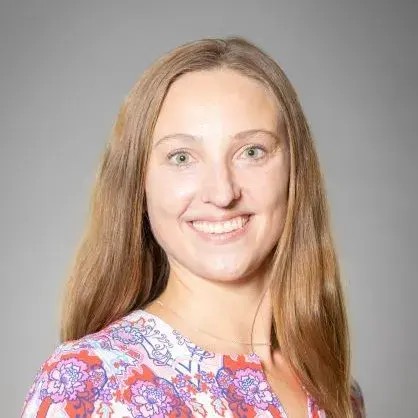Dr. Margaret McGladrey, PhD
Research Assistant Professor
Dr. McGladrey is an Assistant Professor with the IPH Center TIDES group and serves as the faculty co-lead of the Criminal Legal System Workgroup and Photovoice site lead for the HEALing Communities Study (HCS)-Kentucky. She specializes in participatory health research and community engagement processes conducted in partnership with a wide variety of public and private agencies, such as local public health departments, K-12 schools, arts and culture nonprofit organizations, cooperative extension, county and regional jails, probation and parole offices, treatment courts, pretrial services, and recovery community organizations. While serving as Assistant Dean for Research at the University of Kentucky (UK) College of Public Health from 2012-17, she contributed as a co-investigator to research projects sponsored by the National Institutes of Health (NIH), Centers for Disease Control and Prevention (CDC), Kentucky Department for Public Health, Robert Wood Johnson Foundation, and other funders, resulting in 20 publications, 8 of which are first-authored.
Dr. McGladrey's dissertation for a PhD in sociology used objectification theory to evaluate the effectiveness of a media literacy and performing arts education program called The Girl Project (TGP) designed to prevent and disrupt internalization of media ideals among middle- and high school-aged students. Eight alumni of and 11 participants in TGP served as co-researchers investigating the outcomes of the program through a participatory evaluation in which they designed the research questions and data collection strategies, analyzed the data they gathered, assisted with transcription and coding, presented findings in a panel discussion, and co-authored a peer-reviewed article resulting from the project. TGP was funded by more than $150,000 in programmatic grants from the National Endowment for the Arts, the United Way of the Bluegrass, the Toyota Motor Corporation of Kentucky, and the Kentucky Foundation for Women.
In 2018-19, Dr. McGladrey was a postdoctoral scholar of civic studies with the Jonathan M. Tisch College of Civic Life and Department of Sociology at Tufts University before joining the child welfare nonprofit Court Appointed Special Advocates (CASA) at the local and state levels in Kentucky and leading direct service, community outreach, evaluation, and capacity-building activities. In 2020, she began a position as the Project Director and now is faculty co-lead for the Criminal Legal System Team of the NIH- and Substance Abuse and Mental Health Services Administration-funded HCS-Kentucky. This role involves working with state-level agency leadership and the local-level staff of courts and Department of Corrections as well as county-specific coalitions that identify high-risk populations in their areas to implement evidence-based practices to reduce opioid overdose deaths.
She also is the Kentucky site lead for the HCS Photovoice project, designing and facilitating this participatory action research method with 10 different groups in coordination with the Massachusetts and Ohio HCS sites. Partnerships formed during the HCS Photovoice project led to the Clark County Health Department contracting with Dr. McGladrey and her students to facilitate Photovoice to inform their 2022-23 community health assessment and community health improvement processes. From 2022-23, Dr. McGladrey was an Assistant Professor in the Department of Mental Health Law and Policy at the University of South Florida (USF), where she originated the Voices of Behavioral Health Lab. Dr. McGladrey and her lab students received four grants and contracts with local nonprofits and the USF campus to conduct Photovoice needs assessments on behavioral health issues, develop a re-entry coalition to collaboratively evaluate outcomes of a circuit-wide navigator program, and assess a trauma-informed treatment approach for a residential program for people with dual diagnoses. She is leading the Lexington-Fayette County Health Department's fall 2023 Community Health Improvement Planning initiative using the Photovoice method to facilitate strategic planning to address mental health issues.
